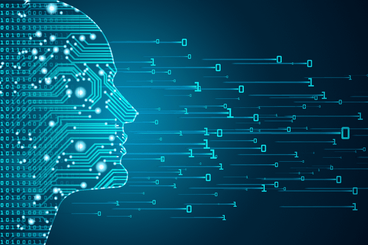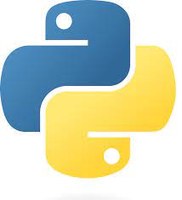Participants will be guided by experts in NLP, Data Visualisation and automatic annotation training on ancient texts (papyri, manuscripts and inscriptions). Participation is only possible in presence: please apply by 21.12.2022.

Date:
Event location: Aula Celio, Via Zamboni, 38, 40126 Bologna
Type: Training events

23/01/23 (9:00AM-1:00PM)
Gioele Barabucci: An overview of AI-based methods and tools for DH researchers [lecture]
Aaron Hershkowitz: Signal and Noise: Epigraphic Ventures in Machine Learning [lecture]
Nicola Reggiani: The Artificial Papyrologist at Work – Digital Papyrology and the AI [lecture]
Pietro Liuzzo: AI and manuscript studies [lecture] (tbc)
23/01/23 (2:00PM-5:00PM)
Audric Wannaz, Analyze Tabular Data: some Tools and Workflows [training]
24/01/23 (9:00AM-1:00PM)
Isabelle Marthot: Annotating papyrus images for the palaeographer and for AI: What, how and why? [training]
Alek Keersmaekers: Automatic semantic analysis of Ancient Greek [training]
24/01/23 (2:00PM-6:00PM)
Pietro Liuzzo: Using Transkribus in a wider architecture, some case studies [training]
Edward Loss: Challenges and issues of using Transkribus in large late medieval manuscript collections: The Memoriali Project (MemoBo) [lecture]
25/01/23 (9:00AM-1:00PM)
Margherita Fantoli: Automatic tagging and parsing of Latin texts: methods, tools and challenges [lecture]
Margherita Fantoli: Basics of Python and Jupyter Notebooks: Q&A [training]
25/01/23 (2:00PM-5:00PM)
Andrè Walsøe, Andrea Gasparini: A practical introduction to machine learning and natural language processing on papyrus data [training]
26/01/23 (9:00AM-1:00PM)
ENCODE Project Conference Artificial Intelligence and Ancient Writing Cultures
27/01/23 (9:00AM-1:00PM)
Hussein Mohammed Adnan: The Pattern Analysis Software Tools [training]
For information on the registration to the Workshop, see the Call for Interest.
Workshop organized by Alice Bencivenni, Carla Salvaterra, Marta Fogagnolo.
Supporting instructors: Federico Aurora, Cristina Carusi, Marco Franceschini, Marta Legnini, Tom Gheldof

Selected participants will soon receive an e-mail with technical information.
For some workshop activities, basic competences in Python are required. If you do not have any, we recommend you to follow an online free course before the training and autonomously try to execute the “challenges” suggested there. During the training session ‘Basics of Python and Jupyter Notebooks: Q&A’ run by Margherita Fantoli, you will get the chance to ask questions about the course and its exercises.
Participants are requested to send their questions, if possible, by January 22nd to Margherita Fantoli (margherita.fantoli@kuleuven.be).
The course is found at this address: https://carpentries-incubator.github.io/python-humanities-lesson/setup/
In particular the “episodes” 0-5 (from “Short Introduction to Programming in Python” to “Data workflows and automation”) are important to understand code in Python and be able to manipulate Jupyter notebooks.
https://carpentries-incubator.github.io/python-humanities-lesson/01-starting-with-data/index.html
https://carpentries-incubator.github.io/python-humanities-lesson/02-index-slice-subset/index.html
https://carpentries-incubator.github.io/python-humanities-lesson/03-data-types-and-format/index.html
https://carpentries-incubator.github.io/python-humanities-lesson/04-merging-data/index.html
https://carpentries-incubator.github.io/python-humanities-lesson/05-loops-and-functions/index.html
If you want to follow an online course based on recordings, you can follow the Coursera course: https://www.coursera.org/learn/python , which however charges the users after an initial free trial.
Please install R (https://www.r-project.org/) and RStudio (https://posit.co/) beforehand, preferably the latest version.